
When hiring a bankruptcy attorney, you must ensure you get it right the first time. When it comes to your financial situation, you may not get a second chance.
If you are filing for bankruptcy and planning to work with a bankruptcy attorney, we highly recommend you ask all bankruptcy attorneys you come in contact with the questions we discuss below to ensure you work with the right bankruptcy attorney.
Table of Contents

Preliminary Questions
How Long Have You Been Practicing Bankruptcy Law?
This question is a foundational question to ask a bankruptcy attorney because it gives you an idea of how many bankruptcy cases the bankruptcy attorney has handled for clients, and it may show how qualified a bankruptcy lawyer is to handle your case.
Our Answer To This Question: The Rodney Okano Law Office has over 20 years of experience in Nevada bankruptcy law.
What Is Your Experience With Cases Like Mine?
This question gives an understanding of the bankruptcy lawyer’s track record in handling bankruptcy cases similar to yours, making it a crucial question to ask a bankruptcy attorney.
Additionally, you can ask if they have successfully handled bankruptcy cases similar to yours.
Our Answer To This Question: Our bankruptcy law firm has worked thousands of clients through the bankruptcy process. Making our experience with bankruptcy cases extremely vast.
What Bankruptcy Chapter Should I File
In consultation with a lawyer, if they have not already recommended a bankruptcy chapter be filed, you must ask this question as it’s vital to your bankruptcy case.
Our Answer To This Question: When you go into an initial consultation with an experienced bankruptcy lawyer from our firm, we will understand your bankruptcy case first and then give you the best chapter to file in, along with several factors on why it is the best chapter.
Case Assessment and Information Questions
What Information Do You Need To Get Started On My Case?
This question helps prepare you when looking to work with a bankruptcy attorney as it provides you with a list of what information is necessary when filing bankruptcy. In addition, it may give you an insight into the thoroughness of their approach.
Our Answer To This Question: When you ask a bankruptcy attorney at our firm, you will be provided with a clear list that is tailored to your case success.
What Do You Predict For My Case?
Understanding the potential outcome of your bankruptcy case is helpful for managing your expectations and planning for a future after bankruptcy. Most bankruptcy attorneys will provide you with realistic expectations from the bankruptcy process, so don’t be afraid to ask.
Our Answer To This Question: When you work with a bankruptcy attorney from The Rodney Okano Law Office, the initial meeting you have, you’ll discuss your bankruptcy case with an attorney and receive expectations for your case.
Communication Questions

How Often Will I Be Updated On My Case?
Establishing communication with your bankruptcy lawyer is a must. This question helps accomplish that by ensuring you and your attorney are on the same page regarding the flow of information.
Our Answer To This Question: When you work with us, we will constantly keep you updated on your case. In addition, we will always be available to answer any legal questions regarding your case.
What Is Your Preferred Method Of Communication?
Another part of establishing a line of communication with your bankruptcy attorney is understanding the quickest and most preferred form of communication. Some bankruptcy lawyers may prefer emails, while others prefer video meetings.
Attorneys communicate with their clients in different ways, making this a crucial question to ask.
Our Answer To This Question: Our preferred form of communication is your preferred form of communication, so whatever you prefer will be used. However, clients primarily use the phone to contact our bankruptcy lawyers.
How Quickly Do You Respond To Client Inquiries
This is a good question to ask a prospective attorney as it provides you with an expectation of whether you will be able to receive a prompt response when asking a legal question or about your case.
Our Answer To This Question: We value every client like family, so when you work with us, you can expect a swift response from seasoned bankruptcy attorneys.
Fee and Payment Questions

What Is Your Fee Structure
This goes into the section on essential questions because understanding an attorney’s fee structure is essential for financial planning. You should also ensure that there is a written fee agreement that outlines all the attorney’s fees.
Our Answer To This Question: We work on a flat fee structure, which works in your favor by preventing any unforeseen expenses. A flat fee structure is a free structure many attorneys use. If you want to learn more, read our article on How Much Does a Bankruptcy Lawer Cost?
Are There Any Additional Costs I Should Be Aware Of?
After understanding the fee structure, you should ask this question to be aware of any additional costs that could arise. This could help you anticipate potential expenses and give you a more complete view of how much the entire bankruptcy process will cost.
Our Answer To This Question: We have no hidden, additional, or surprise fees as we calculate your entire bankruptcy case cost and make one flat fee.
Is There a Possibility Of A Payment Plan
If the fees for filing for bankruptcy are too much due to your current financial situation, you may want to ask your attorney about possible payment arrangements. By asking this question, you open the chance that the attorney fees can be paid on a repayment plan that could span weeks to months.
If you are filing for bankruptcy but seeking to do so for free due to an extreme financial situation, read our article Can You File Bankruptcy For Free In Nevada?
Our Answer To This Question: For a clear answer to this question, schedule a free initial consultation by calling (702) 565-3060.
Legal Team and Resources Questions
Will You Personally Handle My Case, Or Will It Be Delegated To Someone Else?
When you consult with a bankruptcy attorney, it’s important to know if they will be personally handling your case. This helps you feel confident by giving you clarity on the level of attention and expertise you can expect.
Our Answer To This Question: Clients who work with us will have their bankruptcy case personally handled by Bankruptcy Attorney Rodney Okano.
How Will Collaboration With Other Professionals Be Managed?
If the attorney has stated that collaboration with other professionals may take place, it’s necessary to ask this question to understand how it will be managed.
Our Answer To This Question: Our firm possesses the resources necessary to handle a client’s case in the scope of our firm, so outside help is not needed.
Talk With A Experienced Las Vegas Bankruptcy Attorney
If you are filing for bankruptcy in Las Vegas, NV, and are seeking an experienced attorney, contact The Rodney Okano Law Office. We have over 20 years of experience in helping people file for bankruptcy and achieve financial relief.
Our firm can help you get a fresh start; call (702) 565-3060 to schedule a free consultation with a Las Vegas bankruptcy attorney.
Frequently Asked Questions (FAQ)

Why is it important to ask questions when hiring a bankruptcy lawyer?

Asking questions is crucial for ensuring that you fully understand the legal process ahead, the lawyer’s experience, and how they approach your specific case. It helps build trust, manage expectations, and ensure a smoother collaboration.

Can I negotiate a payment plan with my bankruptcy lawyer?

Many lawyers offer payment plan options to make their services more accessible. It’s advisable to discuss this upfront and explore potential payment arrangements that align with your financial situation.

Are there hidden costs I should be aware of when hiring a bankruptcy lawyer?

To avoid surprises, inquire about additional costs beyond the primary fee structure. This may include court filing fees, administrative expenses, or other case-specific charges. Transparency about potential costs is essential for financial planning.




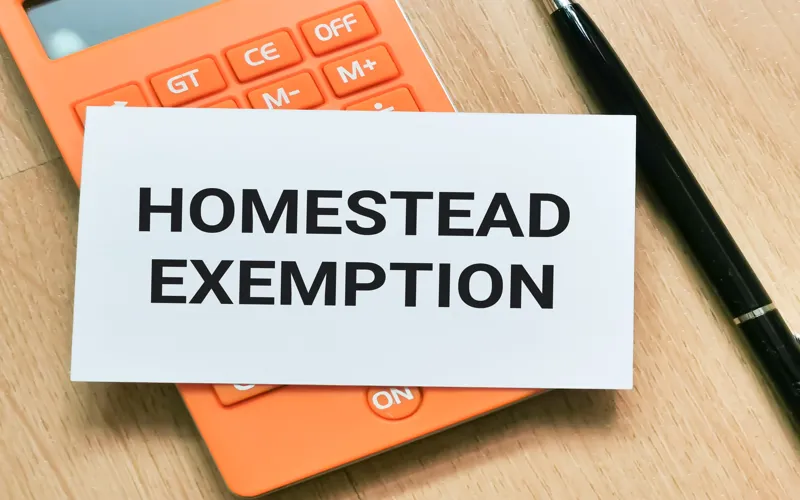
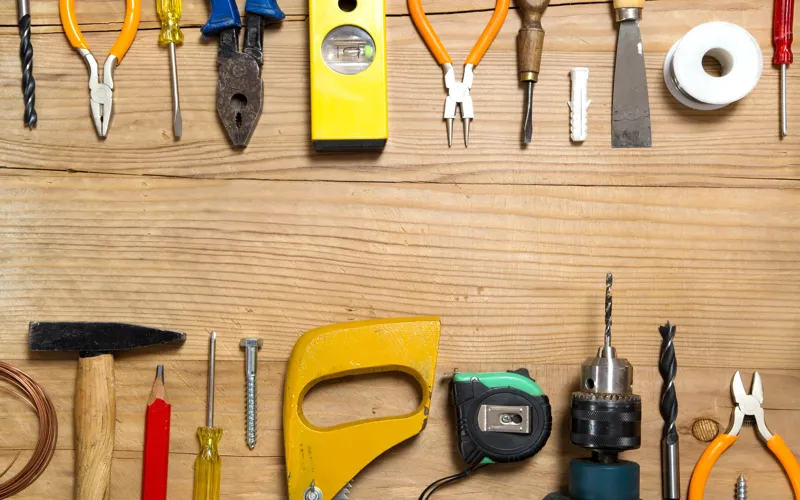


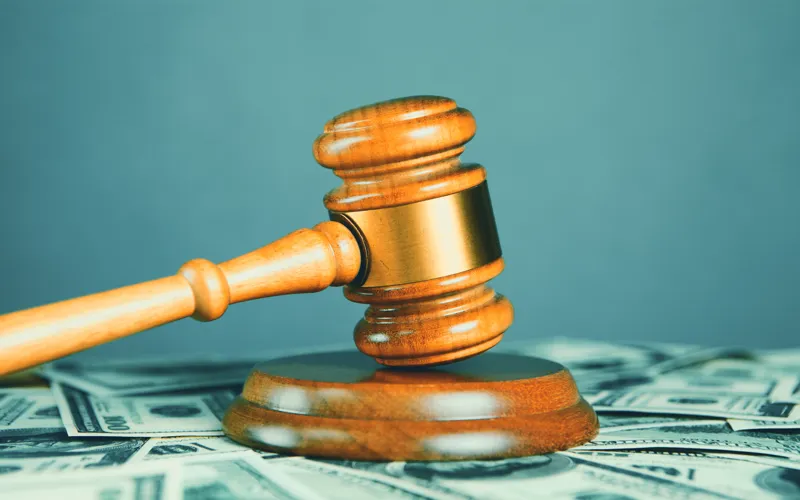
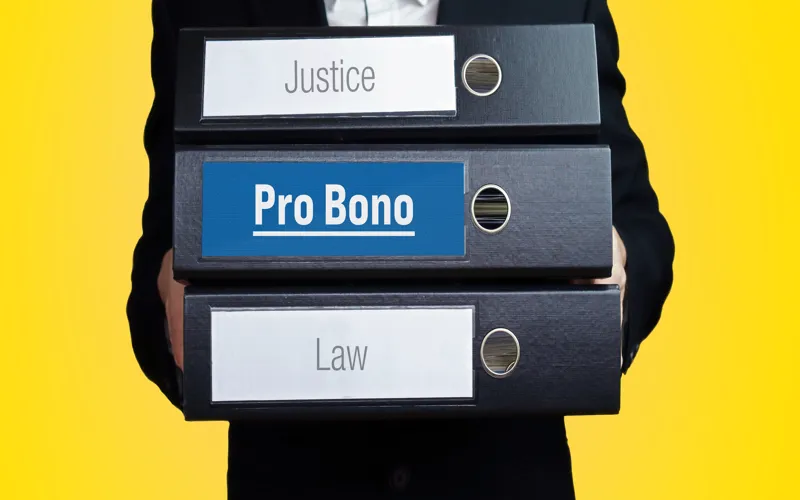


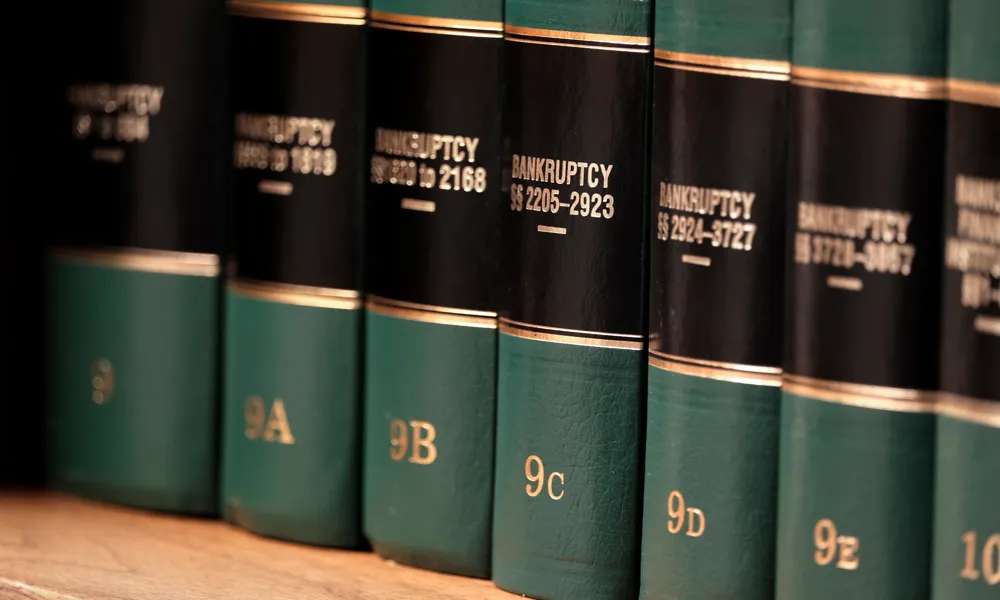

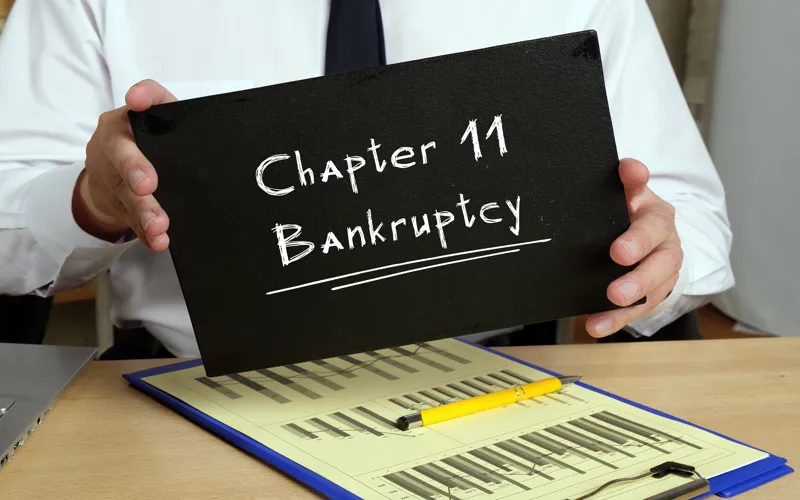






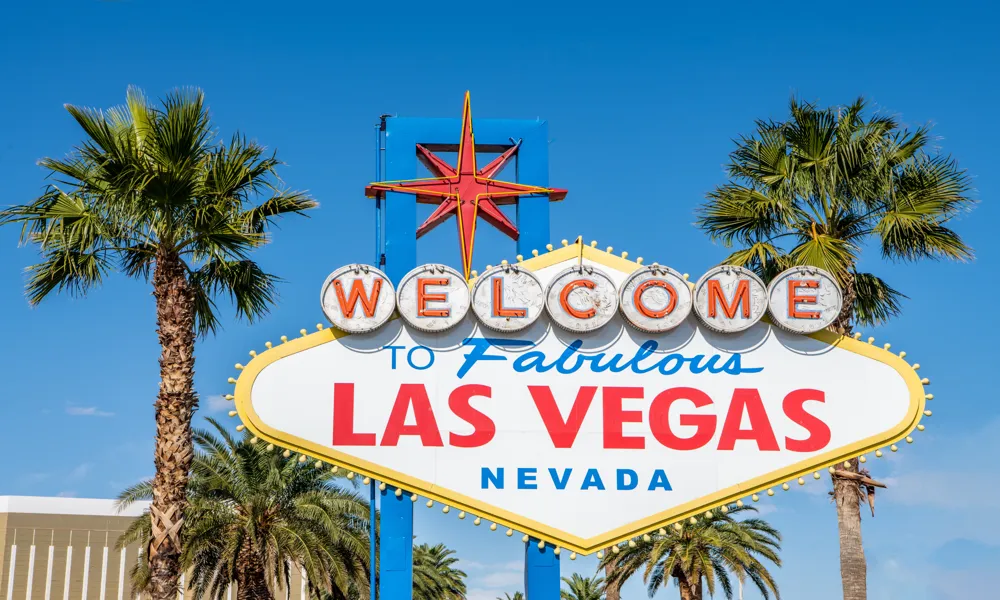
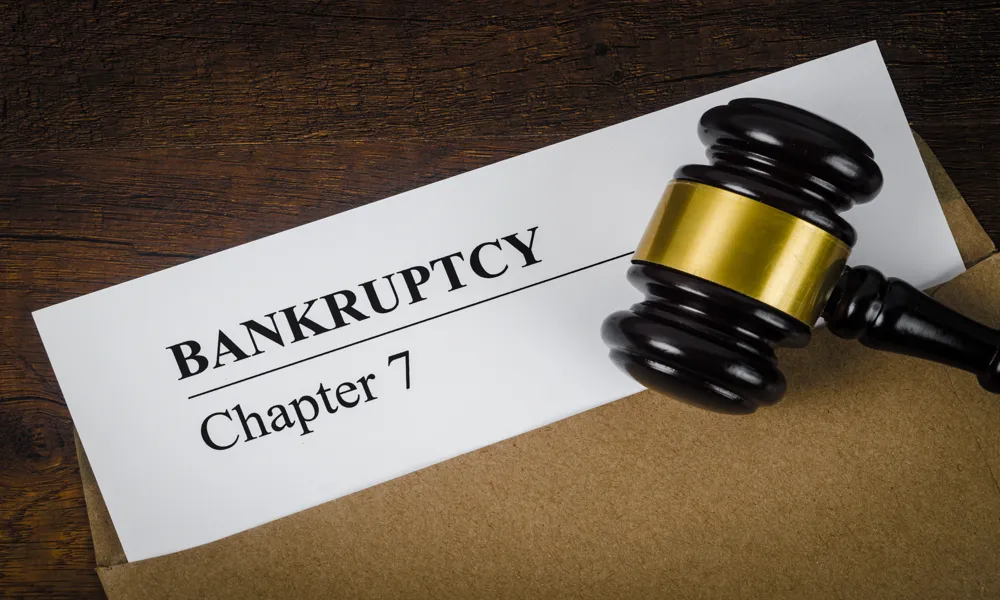
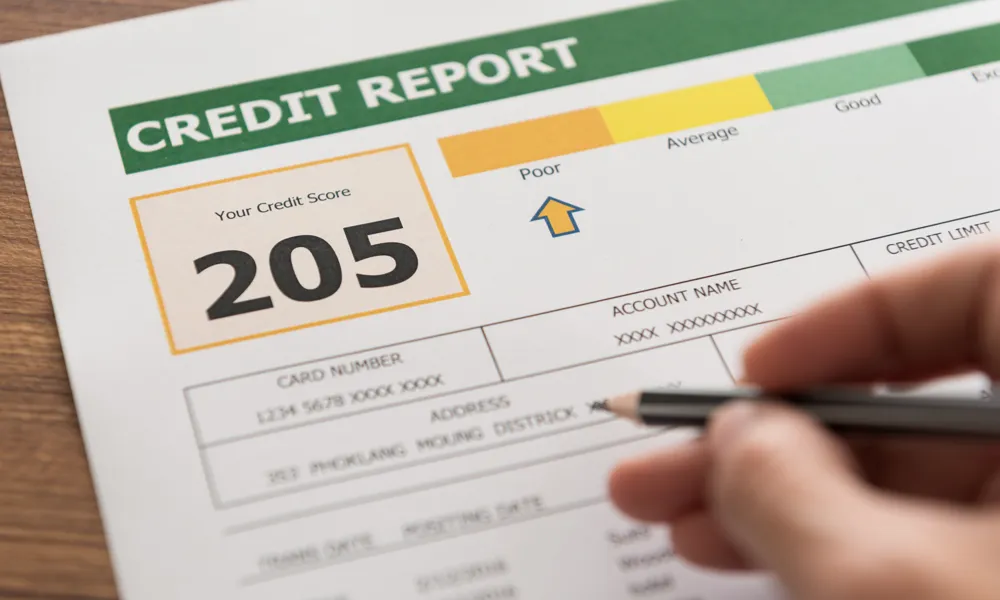
Recent Comments